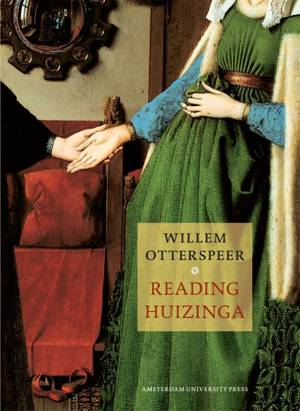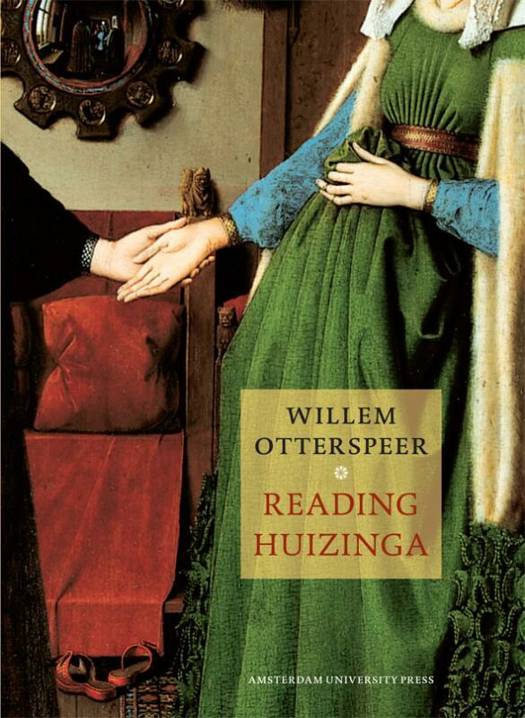
Bedankt voor het vertrouwen het afgelopen jaar! Om jou te bedanken bieden we GRATIS verzending (in België) aan op alles gedurende de hele maand januari.
- Afhalen na 1 uur in een winkel met voorraad
- In januari gratis thuislevering in België
- Ruim aanbod met 7 miljoen producten
Bedankt voor het vertrouwen het afgelopen jaar! Om jou te bedanken bieden we GRATIS verzending (in België) aan op alles gedurende de hele maand januari.
- Afhalen na 1 uur in een winkel met voorraad
- In januari gratis thuislevering in België
- Ruim aanbod met 7 miljoen producten
Zoeken
Omschrijving
Johan Huizinga, one of the founders of cultural history, ranks among the most influential thinkers of the twentieth century. Published in the 1930s, his The Waning of the Middle Ages, Homo Ludens and Erasmus were immediately recognised as masterworks and widely translated. Perhaps the most influential is Huizinga's study of the formative role of pl
Specificaties
Betrokkenen
- Auteur(s):
- Vertaler(s):
- Uitgeverij:
Inhoud
- Aantal bladzijden:
- 261
- Taal:
- Engels
Eigenschappen
- Productcode (EAN):
- 9789089641809
- Verschijningsdatum:
- 1/12/2010
- Uitvoering:
- Paperback
- Afmetingen:
- 147 mm x 210 mm
- Gewicht:
- 401 g

Alleen bij Standaard Boekhandel
+ 128 punten op je klantenkaart van Standaard Boekhandel
Beoordelingen
We publiceren alleen reviews die voldoen aan de voorwaarden voor reviews. Bekijk onze voorwaarden voor reviews.









